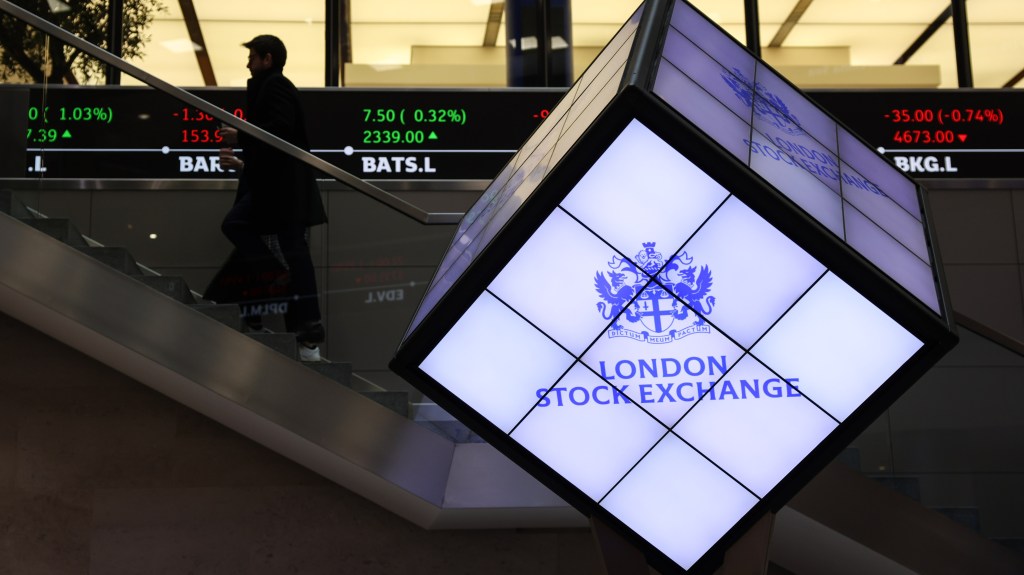Aston Martin Faces Ongoing Challenges in Production and Supply Chain
The allure of high-end leather interiors coupled with the powerful sound of a 12-cylinder engine often leads enthusiasts to overlook serious investment risks. This notion was evident six years ago when investors purchased shares in Aston Martin Lagonda at an adjusted price of £45 each.
However, those who retained their shares have witnessed a staggering 97 percent decrease in value, culminating in a recent 25 percent drop that brought shares down to £1.20. Once considered Britain’s equivalent to Ferrari, Aston Martin has faced a myriad of challenges, including missed production targets and ongoing financial restructuring. The latest developments do little to instill confidence in a swift turnaround.
The company has encountered a series of unfortunate events lately, including a flood at one supplier, a fire at another, and multiple bankruptcies, all contributing to a significant backlog of nearly completed vehicles at its Gaydon factory in Warwickshire. Many cars are ready for sale but lack essential components such as door handles and steering wheel trims.
Affluent clients, who are willing to spend up to £350,000 on these luxury vehicles, expect impeccable attention to detail. Although the company could expedite delivery through costly means—potentially up to $10,000 per vehicle—the declining demand from China, a vital market, adds another layer of complication.
New CEO Adrian Hallmark, who took the reins on September 1, has decided to accept reduced delivery volumes instead of pushing for unrealistic targets, a choice he described with the phrase “smooth the cadence of wholesale volumes.” This decision has certainly impacted the company’s stock performance.
Hallmark, formerly of Bentley, cannot be held accountable for the existing challenges as he is still in the early stages of his tenure. Nevertheless, he must address the significant supply-chain risks as Aston Martin continues to grapple with financial losses and a precarious debt situation.
While mingling with stars like Daniel Craig and George Clooney at the recent unveiling of the new V12 Vanquish in Venice is glamorous, it is crucial for Hallmark to ensure that production lines are adequately equipped with necessary components.
Stock Market Reflection
This analysis has previously highlighted the poor performance of newly-listed companies from the 2020-21 period—when lockdowns and government support encouraged investors to back several underperforming entities. Examples include The Hut Group, Dr Martens, and Deliveroo, among others.
Aston Martin’s struggles further tarnish the reputation of the 2018 IPO class, which includes Finablr, a foreign exchange group that collapsed under questionable circumstances, and Funding Circle, which has seen a 69 percent dip in its stock value since going public, although it is currently showing signs of recovery. Another 2018 newcomer, law firm RBG, issued a profit warning recently and has plummeted 96 percent since its IPO.
The London Stock Exchange’s track record of listing such underperforming companies raises questions. Brokers lament the lack of interest in new listings but fail to recognize that part of the problem lies in their failure to maintain rigorous standards in evaluating potential IPOs.
This issue underlines why some pension funds are apprehensive about government plans to encourage more investment in UK firms. A focus on business-friendly reforms is essential before demand for new listings can rebound.
An upcoming test will be the market response to the Liverpool-based dietary supplement supplier, Applied Nutrition, which has initiated its IPO process with an estimated valuation of £500 million.
The recent success of Raspberry Pi, which has risen 37 percent since its initial public offering, sets a hopeful precedent. A successful Initial Public Offering (IPO) for Applied Nutrition, chaired by Andy Bell—a proponent of shareholder value—could help restore investor confidence.
Balancing Fiscal Policy
In light of speculation surrounding potential adjustments to fiscal policies, particularly by Rachel Reeves, there is discussion about utilizing assets like the student loan portfolio to help justify increased borrowing. However, doing so could also illuminate pressing off-balance sheet liabilities, like the estimated £1.5 trillion in unfunded pension commitments to public sector workers, which far outweigh any potential savings.
A prudent approach is necessary, as Warren Buffett’s metaphor reminds us that calling a tail a leg doesn’t change the fundamental reality—something certainly understood by the gilt market.
Change in Leadership at PRS REIT
The FTSE 250 index bids farewell to Virgin Money as it integrates into Nationwide Building Society, while welcoming PRS Reit, a £500 million investment vehicle focused on rental properties.
Outgoing chairman Steve Smith’s statements claiming this transition as a “landmark achievement” appear overly optimistic, especially considering it follows a successful investor revolt that forced leadership changes to address longstanding issues within the company.




Post Comment